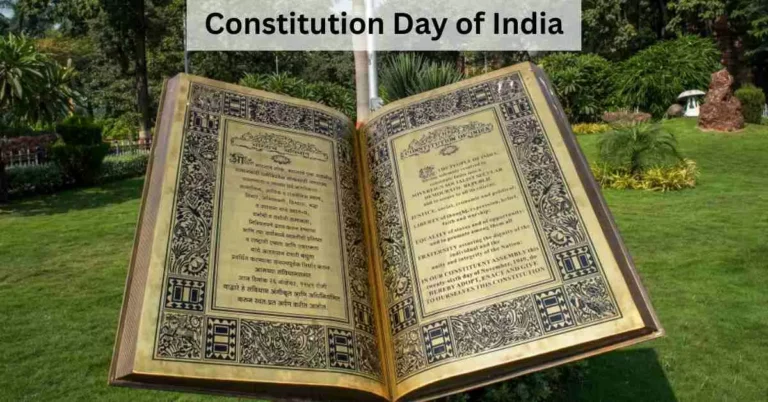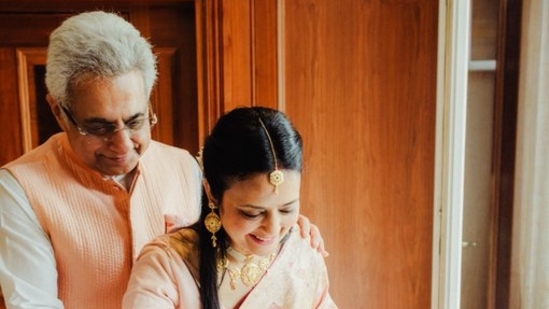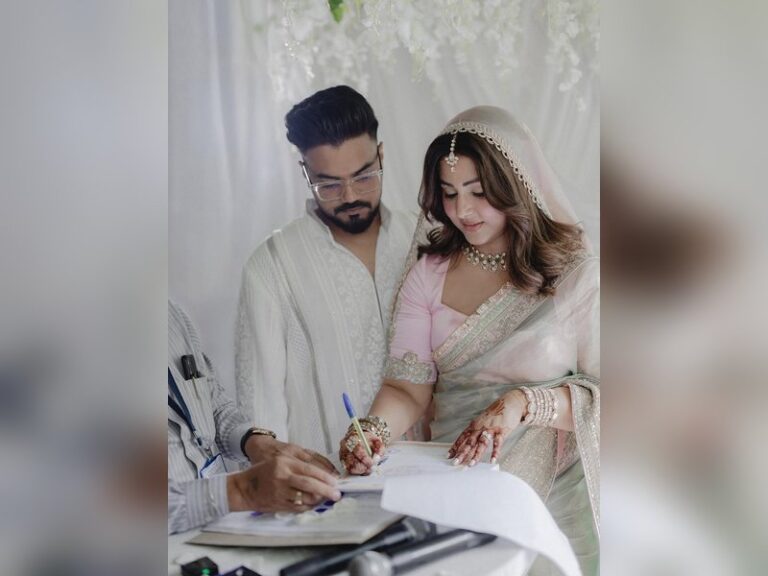Constitution Day, introduced in 2015, commemorates Dr. B.R. Ambedkar and the adoption of the Indian Constitution in 1949. The Constitution guarantees justice, liberty, equality, and fraternity, which are essential to preserving India’s democratic values. Celebrations typically feature speeches by notable leaders and initiatives such as the ‘Samvidhan Yatra’ to raise public awareness about the Constitution.
Constitution Day, also called Samvidhan Divas, is celebrated on November 26 each year. This day honors the adoption of India’s Constitution in 1949. The Constitution was fully enforced on January 26, 1950, when India became a republic.
In 2015, the Ministry of Social Justice and Empowerment of the Government of India designated November 26 as Constitution Day, coinciding with the 125th birth anniversary of Dr. B.R. Ambedkar, who chaired the Constitution’s Drafting Committee. Before this, the day was known as Law Day.
Historical Background of this Day on November 26
After the Government of India Act, 1935, it became clear that India needed its own laws to establish itself as a sovereign democratic republic. To create these, a Constituent Assembly was formed in December 1946, with Dr. Rajendra Prasad, who later became India’s first President, as its chairman.
The Assembly had 389 members, including key leaders like Dr. B.R. Ambedkar, Jawaharlal Nehru, and Sardar Patel. Their first meeting took place on December 9, 1946, under Dr. Prasad’s leadership. The responsibility of drafting the Constitution was given to a committee led by Dr. B.R. Ambedkar.
Dr. B.R. Ambedkar presented the draft Constitution to the Constituent Assembly in 1948. After over two years of discussions during eleven sessions, the draft was adopted on November 26, 1949, with some changes. The Indian Constitution came into effect on January 26, 1950, a date now celebrated as Republic Day.
The Indian Constitution is the largest written one in the world, containing 1,17,360 words in the English version. Initially, it had 395 Articles and 8 Schedules. The Preamble of the Constitution declares India as a sovereign, socialist, secular, and democratic republic, aiming to provide justice, liberty, and equality for all citizens.




